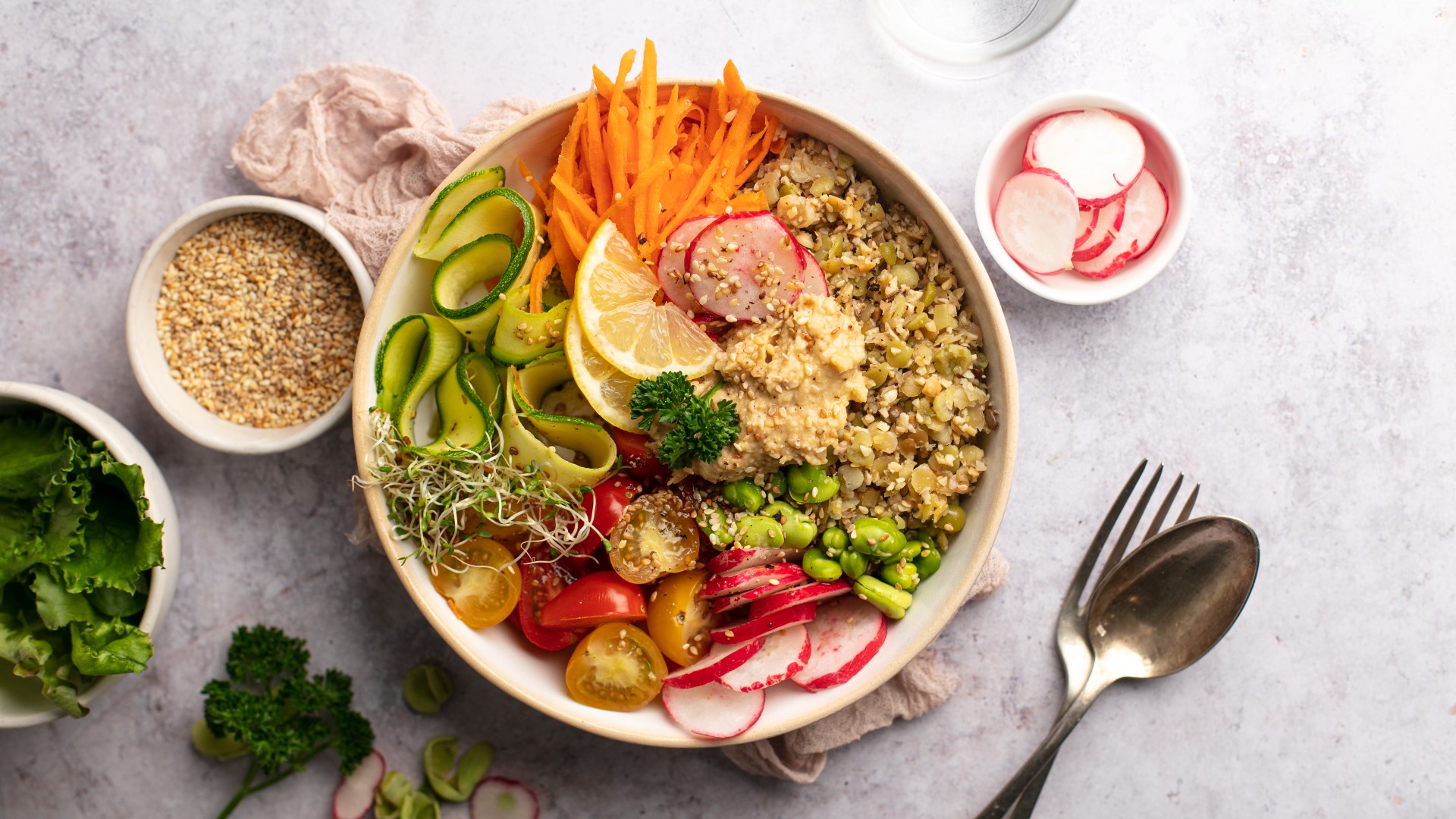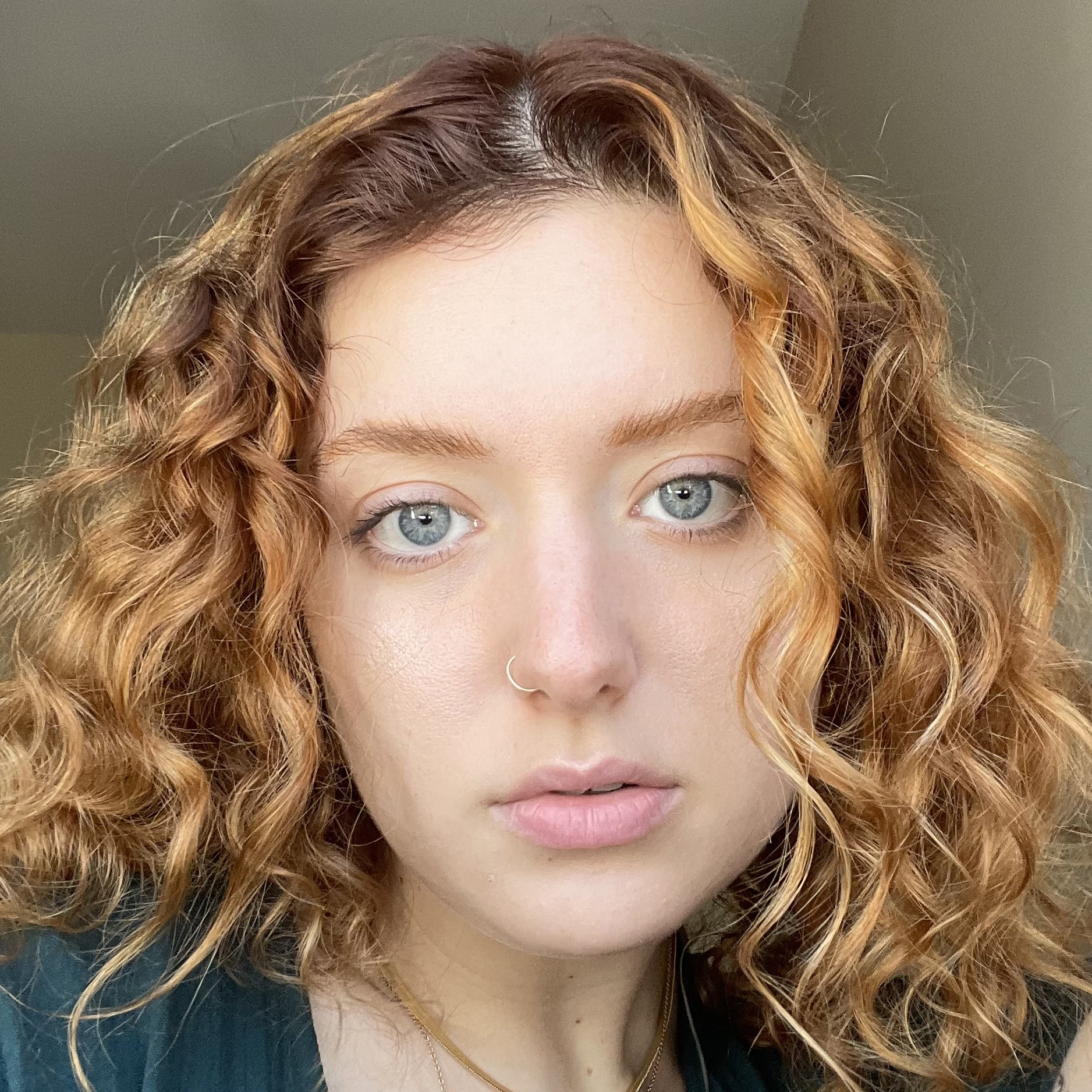Do vegans live longer than meat-eaters?
Vegan lifestyles have become more and more popular — but do vegans live longer than meat-eaters?

Within the past decade, the vegan lifestyle has been heralded as a cure-all for a number of ailments and issues, both on a global and micro scale. From your gut microbiome to the coral reefs, proponents of a vegan approach can be quick to suggest the narrative that veganism can solve the problem of the moment. But is this true when it comes to the condition of human aging? Do vegans live longer than meat-eaters?
No diet can promise to halt the aging process, but there are plenty of lifestyle changes that have been more or less proven to help prevent diseases and keep you healthier for longer. When it comes to a vegan diet, it may depend on what sort of foods the diet consists of. One that contains plenty of minimally processed whole foods and vegan sources of protein is likely to be better than processed meat substitutes.
So, whether you’re vegan or you’re just curious about whether or not to believe the hype, we’re here to try and get to the bottom of things.
What is a vegan diet?
A vegan diet is one where you can’t eat anything derived from an animal, including meat, dairy and eggs. While some vegans do eat honey, some choose not to, as it technically is the byproduct of a living creature. There are also plenty of other elements that come into play when considering veganism as a lifestyle, including approaches on byproducts like gelatin, make-up and hygiene products, and plenty more.
While veganism is a personal choice and a lifestyle with which everyone has their own unique relationship, the main tenets center around living a cruelty-free life and eating plant-derived foods. However, this doesn’t mean sticking to strictly fruits and vegetables. You can essentially find any food in vegan form: from sushi to the best vegan protein powders, to burgers. If there are so many ways to be a vegan, what does this mean for health, wellness and longevity?

Do vegans live longer?
Amid the many claims about the positive impact on plant-based living on human health and nutrition, the idea that vegans live longer on average persists.
Brooke Jacob, a registered dietitian and program manager with ChristianaCare says: “Vegan diets have been linked to the reduction of risk for multiple chronic health conditions associated with heart disease, type 2 diabetes, certain types of cancer, and obesity. Due to its potential disease prevention links, it is not surprising that vegans may live longer, as following a vegan diet is linked to reduced occurrence of chronic disease. However, more research is needed to definitively conclude that vegans live longer than non-vegans.”
Get the world’s most fascinating discoveries delivered straight to your inbox.

Brooke Jacob is a registered dietitian at ChristianaCare. She holds a Bachelor of Science in Applied Nutrition from the University of Delaware and a Master's in Health Promotion.
One study from JAMA Internal Medicine Journal found that vegans have a 9% lower risk of death from all causes compared with omnivores, and another study from that same source suggests as high as 12%. However, a study from the The American Journal of Clinical Nutrition found that although veganism can lower rates of certain chronic diseases, it was inconclusive as to whether this translated to an impact on mortality. This doesn’t necessarily mean it’s impossible, but it has yet to be proven with further evidence.
Why do some vegans live longer?
Anecdotally, it seems that there are plenty of vegans who stay spry and healthy much longer than average, and there are a few reasons why this might be. While eating a healthy diet overall helps, there are other lifestyle habits that are more present in health-conscious individuals, which might be more prevalent in the vegan community. Eating whole foods, exercising, drinking enough water, along with other important health habits are common among vegans, especially those who focus on health as the primary motivator for their plant-based lifestyle.
The most important thing to focus on when it comes to nutrition and longevity is eating a balanced diet with enough nutrients, which is possible on a vegan diet.
“The key piece of the puzzle with all diets is to stick with a good variation of the foods you consume,” says Jacob. “That way, you ensure that you get a variety of nutrients to help meet your needs. Consuming a vegan diet that offers a cornucopia of fruits, vegetables, whole grains, legumes and nuts will help you maintain optimal nutrition. It’s also wise to consider adding proper supplements to the diet, and to ensure that you meet your iron, calcium, vitamin B12 and vitamin D needs, depending on what foods you choose not to consume.”

Again, whether or not veganism is the common denominator for longevity is tough to say, especially because studies are subject to other variables of human life. It’s also important to note that this approach requires a commitment to veganism in the long term.
“The duration of time in which people stick to vegan diets, or other diets, is dependent upon the goals they set and their readiness to embrace change,” says Jacob. “A vegan diet can be sustainable if the person is ready to change, focused on their goals and views their diet as more of a lifestyle change instead of simply a ‘diet’.”
Although there’s anecdotal evidence to suggest that a vegan diet may carry you to your centennial and beyond, diet, exercise and personal wellness are highly specific things. While there is some scientific research to suggest that going vegan and eating less animal protein can help to prevent diseases, the evidence is still lacking in terms of cold, hard numbers on longevity in particular. However, this doesn’t mean that a vegan diet won’t help you live longer. If you’re considering going vegan for your health or cutting back on animal products, you can talk with your doctor, nutritionist or dietitian to find a plan that works for your health needs.
This article is for informational purposes only and is not meant to offer medical advice.
Jamie Kahn is a Brooklyn-based journalist, editor, and certified yoga instructor whose work has been featured in HuffPost, Epiphany Magazine, The Los Angeles Review, Far Out Magazine, Atwood Magazine, and Live Science. She serves as the contributing features editor for Epiphany Magazine.



